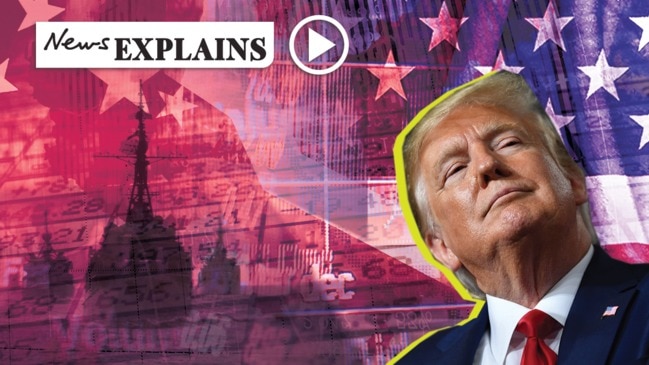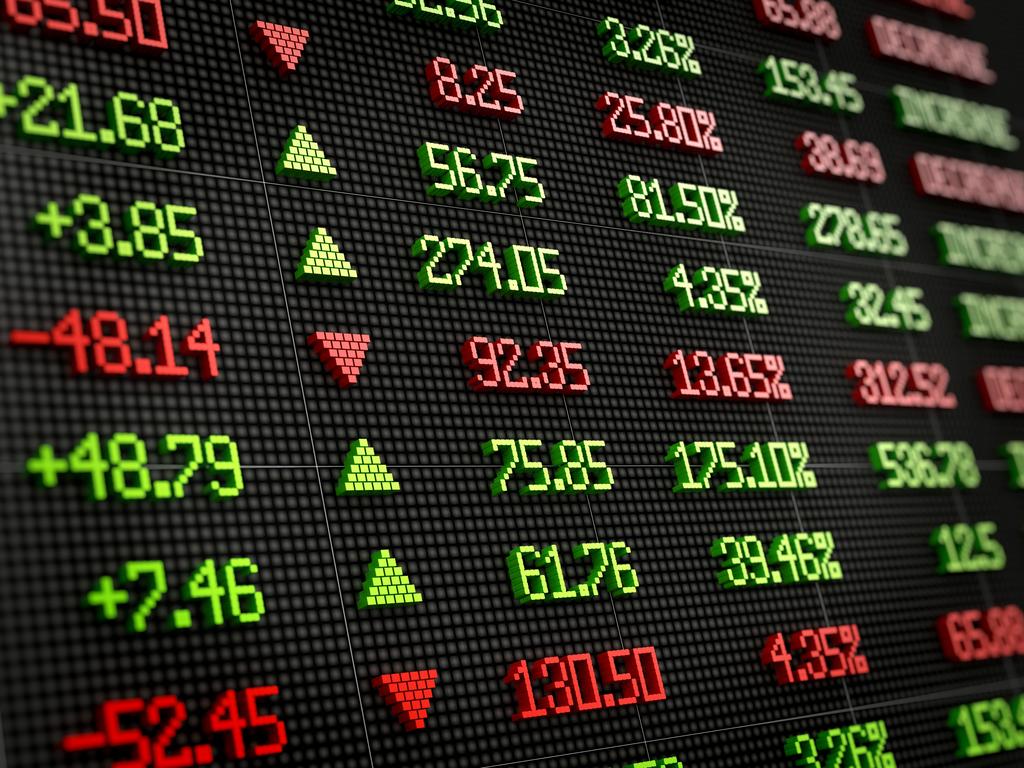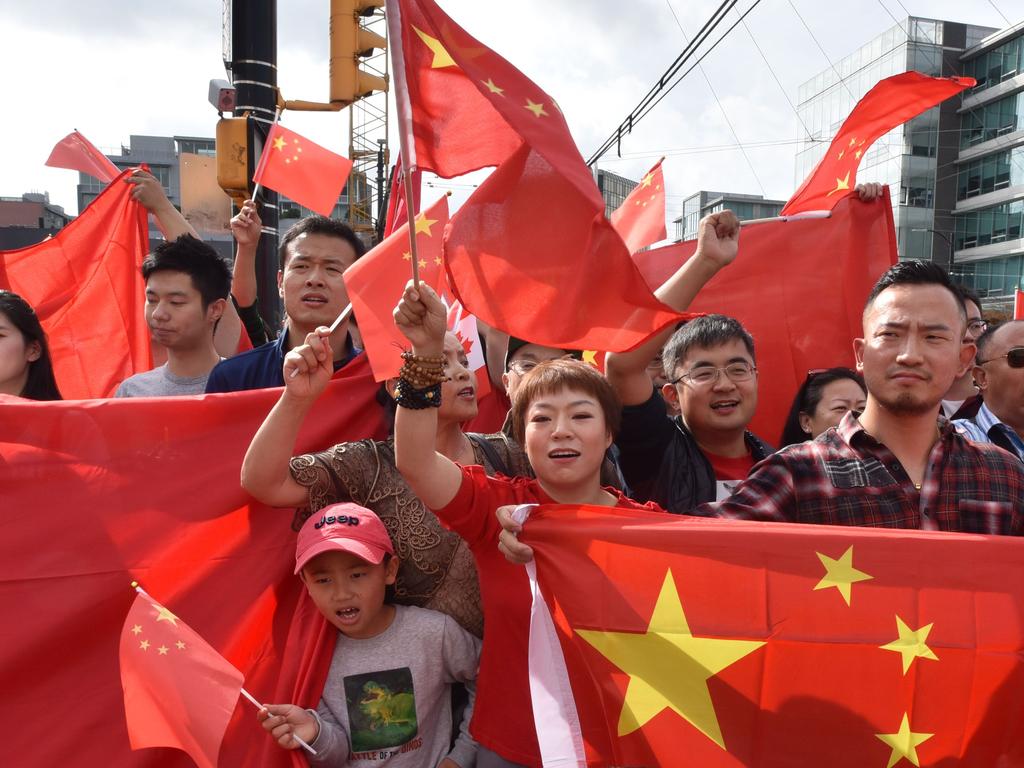Australians should ‘get used to’ US-China trade war as superpowers tussle for supremacy
Turbulent financial markets and reduced influence is becoming the new reality as China flexes its financial muscles in Australia’s backyard.

Australian Prime Minister Scott Morrison has told Australians they will need to “get used to” the trade war between the United States and China which may not be resolved anytime soon.
The Australian leader gave a downbeat assessment of the spat on Tuesday, which has roiled global markets amid fears of a recession in the US and other major western countries like Britain and Germany.
“I think we’re going to have to get used to this for a while, this level of tension,” Mr Morrison told the Seven Network.
“We’ve just got to accommodate that, we’ve got to absorb it, we’ve got to see the opportunities in it, of which there are many.”
The Prime Minister previously said he was confident the US-China trade war would be resolved, including after the G20 summit in Osaka in June.

However as leaders, including Mr Morrison, prepare to attend a G7 summit in Biarritz, France, he said China needed to stick to the same rules as other countries given its economic success.
China is Australia’s largest trading partner, and the US its most significant security ally.
“Having achieved that critical mass of economic performance, the rules that apply to all of us, the United States, have got to apply to China as well,” he said.
“And the rules-based order where it comes to how technology is handled, how partnerships are formed, how payments are made.
“How you reduce emissions, for example, I mean we should all be subject to the same rules now.”
It comes as China is increasingly asserting its dominance on military, political, economic and cultural fronts leading to clashes with protesters in Hong Kong and a collision course with the White House over trade.
In the Pacific region this week, China’s ambassador to Samoa labelled critics of Beijing as “ignorant” and “prejudiced” following a regional summit in Tuvalu where Australia tried to reassert leadership.
Instead, Canberra faced criticism over lack of action on climate change, with leaders such as Fijian Prime Minister Frank Bainimarama saying they preferred China’s brand of diplomacy to “condescending” Australia.

Ambassador Chao Xiaoliang tried to seize the moment, dismissing Western charges that China’s foreign aid program creates client states as inaccurate “Cold War” thinking.
“Rather than pointing fingers at China’s good deeds, those who keep on making groundless accusations and speculations might as well do more themselves to provide help to the Pacific island countries,” Chao wrote in the Samoa Observer.
“Some people questioned the purpose of China’s aid, even disregarded the facts and fabricated the so-called ‘China debt trap’ — this is either of prejudice or ignorant of China’s foreign aid policy.”
China’s aid comes largely in the form of low-interest loans, but critics say it leaves debtor nations beholden to Beijing, eroding their independence. It’s been dubbed “debt trap diplomacy” and with fears China’s famous Belt and Road Initiative designed to link the country to Europe will saddle countries with unsustainable debt levels.
Earlier this month, US Defence Secretary Mark Esper accused China of destabilising the region using such tactics, citing “predatory economics and debt-for-sovereignty deals”.
Chao’s response in the Observer was blunt: “The so-called ‘China debt trap’ is extremely ridiculous.” “China’s foreign aid … comes without interfering in their domestic affairs or attaching any political strings,” he wrote.
Australia, the largest aid donor in the Pacific, is wary of China’s interest in the region, fearing the long term goal is to establish a military base in the islands.
It launched a charm offensive dubbed the “Pacific Step-up” last year to counter Beijing’s influence.
But Chinese diplomats have also been determined to have their voices heard in the region, sometimes pushing their cause aggressively.
Mr Morrison will attend the G7 summit in Biarritz this weekend along with US leader, President Trump, and UK Prime Minister, Boris Johnson.
— With AFP, AAP



